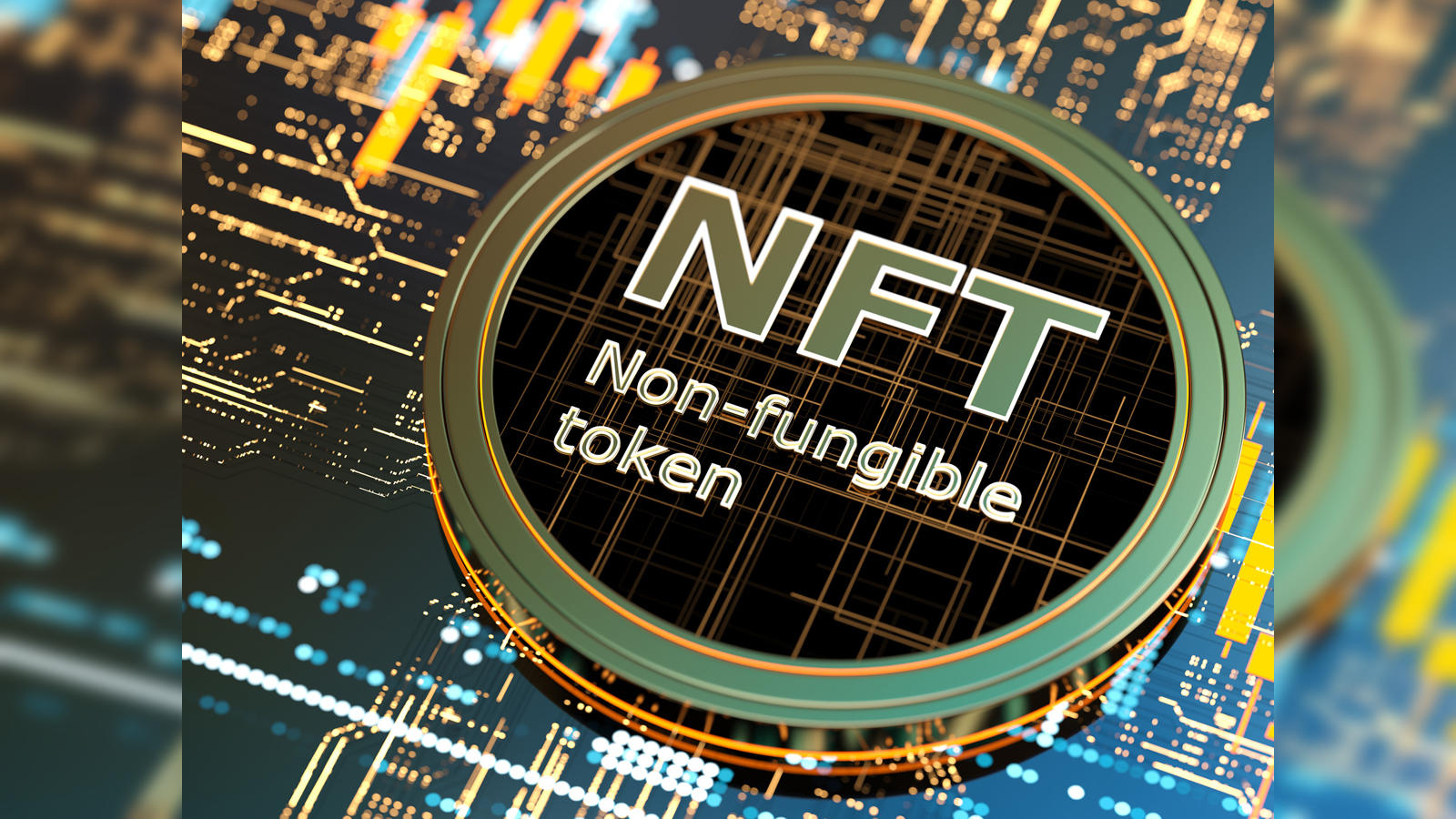Navigating Smart Contract Legal Challenges: Insights and Solutions

The Landscape of Smart Contracts: A Legal Frontier
Smart contracts, powered by blockchain technology, have revolutionized the way agreements are executed and enforced. However, this innovative approach to contracting is not without its legal challenges. In this article, we delve into the complexities surrounding smart contracts and explore insights and solutions to navigate the legal landscape effectively.
Understanding Smart Contracts
Smart contracts are self-executing contracts with the terms of the agreement directly written into code. These contracts run on blockchain technology, ensuring transparency, immutability, and automated execution of contractual clauses. Despite their efficiency, the legal implications of smart contracts pose unique challenges.
Ambiguity in Contractual Language
One of the primary challenges in smart contract adoption is the potential ambiguity in contractual language. Traditional contracts often involve nuanced language and interpretation, whereas smart contracts require precise coding. Ambiguities may arise when translating legal terms into machine-readable code, leading to unforeseen legal consequences.
Enforceability and Legal Recognition
The enforceability and legal recognition of smart contracts vary across jurisdictions. While some countries have embraced the use of smart contracts, others lag behind in providing clear legal frameworks. Establishing universal standards for the enforceability of smart contracts is essential to foster trust in this emerging technology.
Code Vulnerabilities and Security Risks
Smart contracts are written in code, making them susceptible to vulnerabilities and security risks. Coding errors or loopholes can lead to exploitation, fraud, or unintended consequences. Addressing these challenges requires rigorous testing, code audits, and the development of secure coding practices for smart contract developers.
Adaptation of Existing Legal Frameworks
The legal challenges posed by smart contracts necessitate the adaptation of existing legal frameworks. Courts and regulatory bodies are grappling with incorporating smart contracts into traditional legal structures. Legal professionals play a crucial role in interpreting smart contract code and applying it within established legal principles.
Dispute Resolution in Smart Contracts
In the event of a dispute, resolving issues related to smart contracts presents unique challenges. Traditional dispute resolution mechanisms may not seamlessly apply to decentralized and automated systems. Developing effective dispute resolution mechanisms specific to smart contracts is imperative for establishing confidence in their adoption.
Regulatory Compliance and Smart Contracts
Ensuring regulatory compliance is a critical aspect of smart contract deployment. Industries such as finance and healthcare must navigate complex regulatory landscapes. Smart contracts need to align with existing regulations, and regulatory bodies must provide guidance to foster innovation while safeguarding public interests.
Smart Contracts in Cross-Border Transactions
Smart contracts facilitate cross-border transactions, but the lack of uniform international standards poses challenges. Varying legal interpretations and jurisdictional differences complicate the seamless execution of smart contracts across borders. International collaboration is crucial to developing a harmonized approach to smart contract regulation.
Education and Skill Development
Addressing smart contract legal challenges requires education and skill development. Legal professionals need to acquire expertise in blockchain technology and smart contract coding. Likewise, technologists must understand legal implications to develop more secure and legally compliant smart contract solutions.
Collaboration for a Legal Framework
Navigating smart contract legal challenges requires collaboration between legal experts, technologists, regulators, and industry stakeholders. Open dialogue and interdisciplinary cooperation can contribute to the development of a robust legal framework that fosters the responsible and widespread adoption of smart contracts.
In conclusion, while smart contracts offer unparalleled efficiency and transparency, overcoming their legal challenges is essential for their widespread adoption. By addressing issues of ambiguity, enforceability, security, and regulatory compliance, the legal landscape can evolve to accommodate the transformative potential of smart contracts.
For more information on Smart Contract Legal Challenges, visit Star Mountain Resources.






